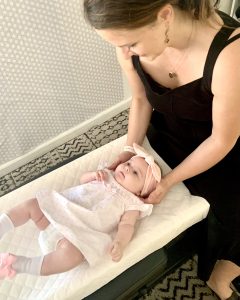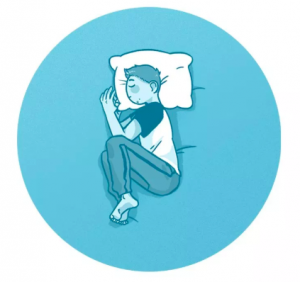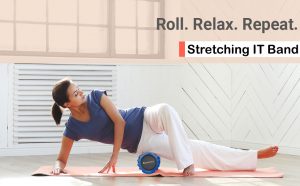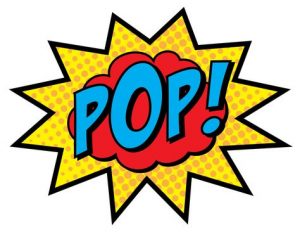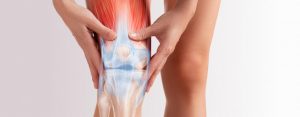
How is a sports hernia different from a regular hernia?
All hernias hurt. The good news is Sports Hernia treatments usually do not require surgery. If you have had it or been around a close one who has had it, you know the pain it comes with. Inguinal Hernia is the one most of us are familiar with. It inflicts serious groin pain and most of the time comes with a bulge. But what if there is pain but no bulge? You might be dealing with Athletic Pubalgia also known as Sports Hernia.
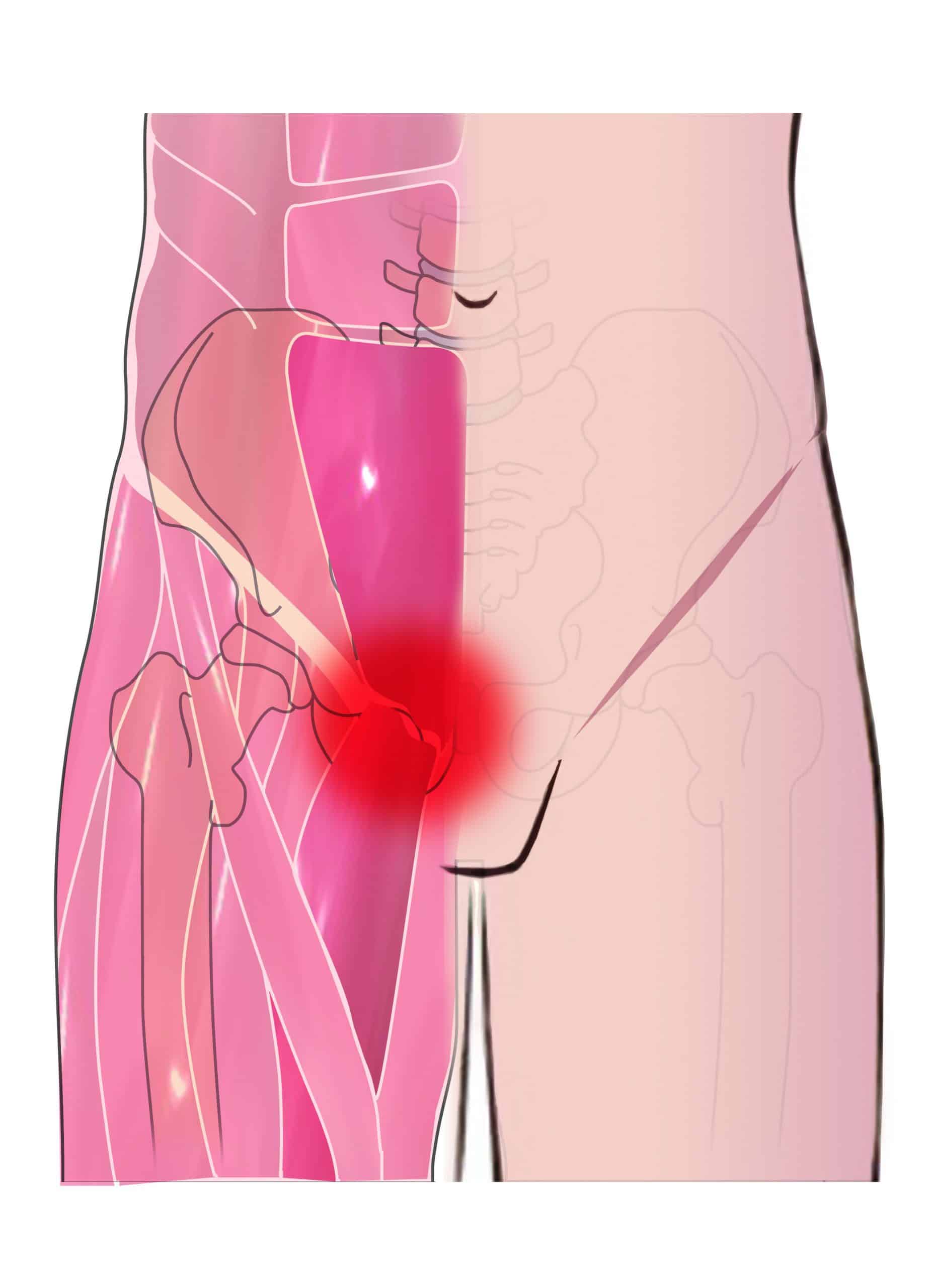
How do you get Sports Hernia?
Sports Hernia refers to the painful, soft tissue damage that happens in the groin area. It most frequently occurs throughout sports activities that require unexpected changes of motions or excessive twisting movements. Although a Sports Hernia may additionally lead to a traditional hernia, it is a one-of-a-kind injury. A Sports Hernia is a stretch or tear of any soft tissue (muscle, tendon, ligament) in the lower abdomen or groin area. However, most of the time groin pain is chronic and intensifies gradually due to repetitive stress incurred across the pelvis and surrounding muscular attachments.
The soft tissues most frequently affected by Sports Hernia are the inner muscular tissues in the lower abdomen. Especially vulnerable are the tendons that attach the oblique muscular tissues to the pubic bone. In many instances of sports hernia, the tendons that attach the thigh muscles to the pubic bone (abductors) are also stretched or torn.
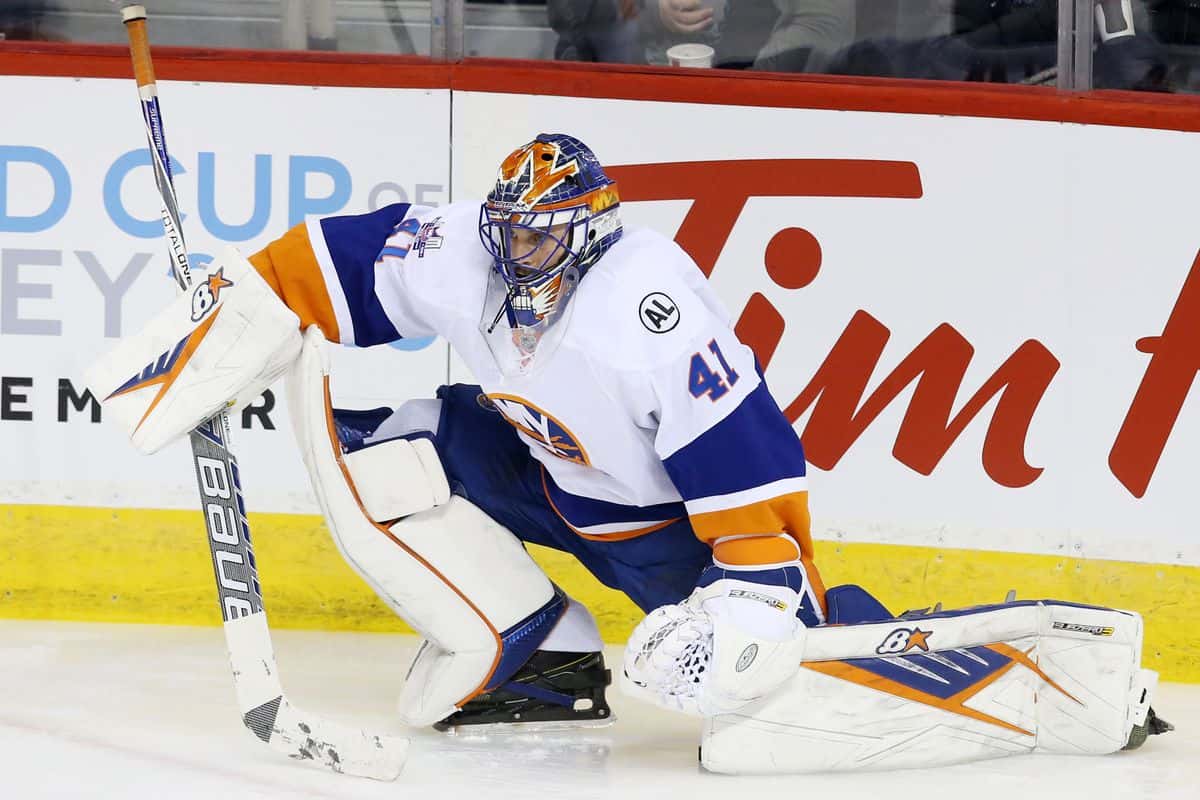 Which sports and athletes are the most affected by Sports Hernia?
Which sports and athletes are the most affected by Sports Hernia?
Sports activities that involve planting the feet and cutting, pivoting and twisting with most exertion can cause a tear in the soft tissue of the lower stomach or groin. Due to repetitive twistings and turning at high speeds Sports Hernias happen the most among athletes involved in sports activities such as ice hockey, soccer, wrestling, and football.
In a survey of the North American NHL and Hockey Canada, the groin accounted for 15% of all hockey-related injuries leading to lost competition time.
What are the symptoms of Sports Hernias?
A Sports Hernia will generally cause extreme ache in the groin area at the time of the injury. The pain commonly might go away for a while, but comes back when you return to sports activity, mainly with twisting movements.
Inguinal Hernia causes a bulge in the groin but a Sports Hernia does not necessarily do so. Over time, a Sports Hernia may also lead to an Inguinal Hernia, and abdominal organs might also press against the weakened soft tissues to form a visible bulge.
Without treatment, this damage can result in chronic, disabling ache that prevents you from resuming sports activities and increasing the risks of having to go through surgery.
Diagnosing Sports Hernias
Diagnosis is most often done by excluding other possible pathology. Signs that indicate its presence include identifying pain around the groin and abdominal areas.
Physical tests can help determine whether you have a Sports Hernia. A chiropractor in all likelihood will ask you to do a sit-up or flex your abdominal muscles. If you have a sports hernia, these tests will be painful.
Also, after your health practitioner completes a thorough exam, he or she might also order X-rays or Magnetic Resonance Imaging (MRI) scans to help determine whether or not you have a sports hernia.
Nonsurgical Chiropractic Treatment for Sports Hernia
Rest will take you a long way. In the first 7 to 10 days after the injury, resting and applying ice can be helpful. If you have a bulge in the groin, compression or a wrap might also help relieve painful symptoms. However, you should seek immediate medical help.
Two weeks after your injury, you may start to do physical therapy exercises to improve power and flexibility in your stomach and internal thigh muscles. In many cases, four to six weeks of therapy will resolve any pain and enable an athlete to return to sports. Hernia and groin injuries have been extensively prevalent amongst soccer players. Sports hernias, or persistent groin pain, account for the loss of playtime and early retirement from sports. Reach us with questions regarding sports hernia treatments or book an appointment online to see one of our healthcare providers today.
